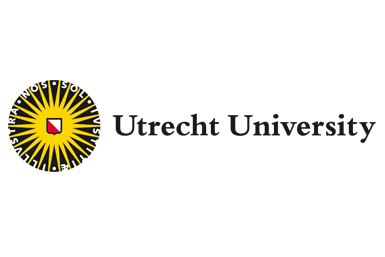Utrecht University: Oiconomy: towards an economy of actual prices
Pim Croes has developed a method for determining the actual price of products in the supply chain: the price for the sustainable version of a product. The prices for most products do not reflect their actual cost, as the products’ manufacture, trade, use and end of life are responsible for a significant portion of global environmental, social and economic damages. This situation is unlikely to improve as long as these damages remain unpaid and consumers continue to prefer the cheapest option. Now, thanks to Croes’ research, these hidden costs can finally be identified and passed on to the end user. This is an important first step towards a sustainable and responsible economy of actual price: the ‘oiconomy’, based on the Classical Greek word oikos (family, household or property), which is the root for our words ‘economy’ and ‘ecology’. Oiconomy does not necessarily mean that life will become more expensive, however, as over the long term it usually costs more to repair damage than to prevent it.
Every player in a product’s chain incurs costs in the real economy, but also hidden costs at the expense of others or of society as a whole. Many economists have therefore argued in favour of an economy of actual prices. Such an economy would make the premium for a sustainable version of a product an excellent measure of its sustainability.
Life cycle approach
Until now, however, there has been no single comprehensive, objective and standardised method for measuring the costs necessary to make products more sustainable. That is why many are calling for a collective life cycle approach to the supply chain, which is impossible at the moment using current methods.
Preventing damage
Pim Croes now offers companies a standardised instrument for accounting for the costs of preventing damage. They can allocate these costs in the supply chain as ‘Eco Social Cost Units’ (ESCUs), in parallel and comparable to the standard economic bookkeeping. At the end of the chain, this results in the premium for the fully sustainable version of the finished product.
Recommendations
According to Croes, the success of the ‘oiconomy’ will require a certification system to ensure that the entire chain is conducting the calculations correctly and honestly. It is also vital that governments or businesses provide enough support to convince entire supply chains to embrace the system.
Sustainable development goals
In developing his method, Croes utilised all of the product-related environmental, social and economic aspects the UN has formulated as goals for sustainable development.
Pim Croes is a food technologist by training, and his system for determining actual prices was inspired by an existing method for passing on proof of food safety in the supply chain. He will defend his dissertation and research at Utrecht University on 13 January 2021.

